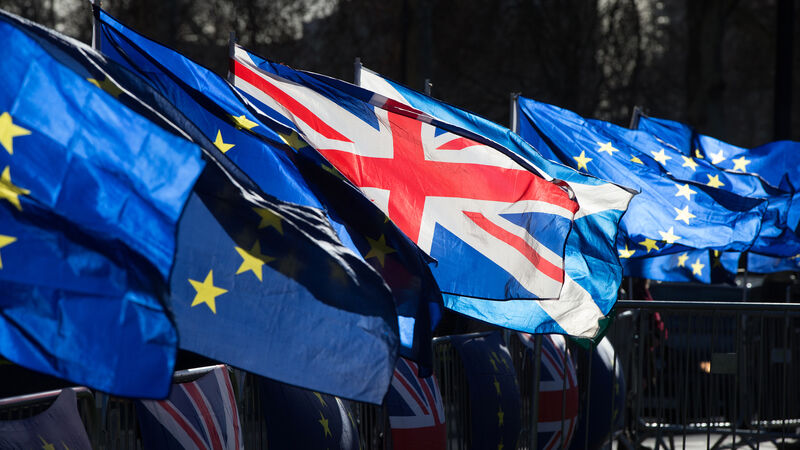Brian Keegan: Time to start looking ahead again after five years of Brexit circus

The UK government changed during the negotiations following a general election but so too did the composition of the European Commission which reached the end of its term in 2019
The fifth anniversary of the Brexit referendum last month not only marks the departure of the UK from the EU, but also offers some salutary lessons on how EU institutions respond in a crisis.
First and foremost the EU likes its agreements to be cut and dried.











